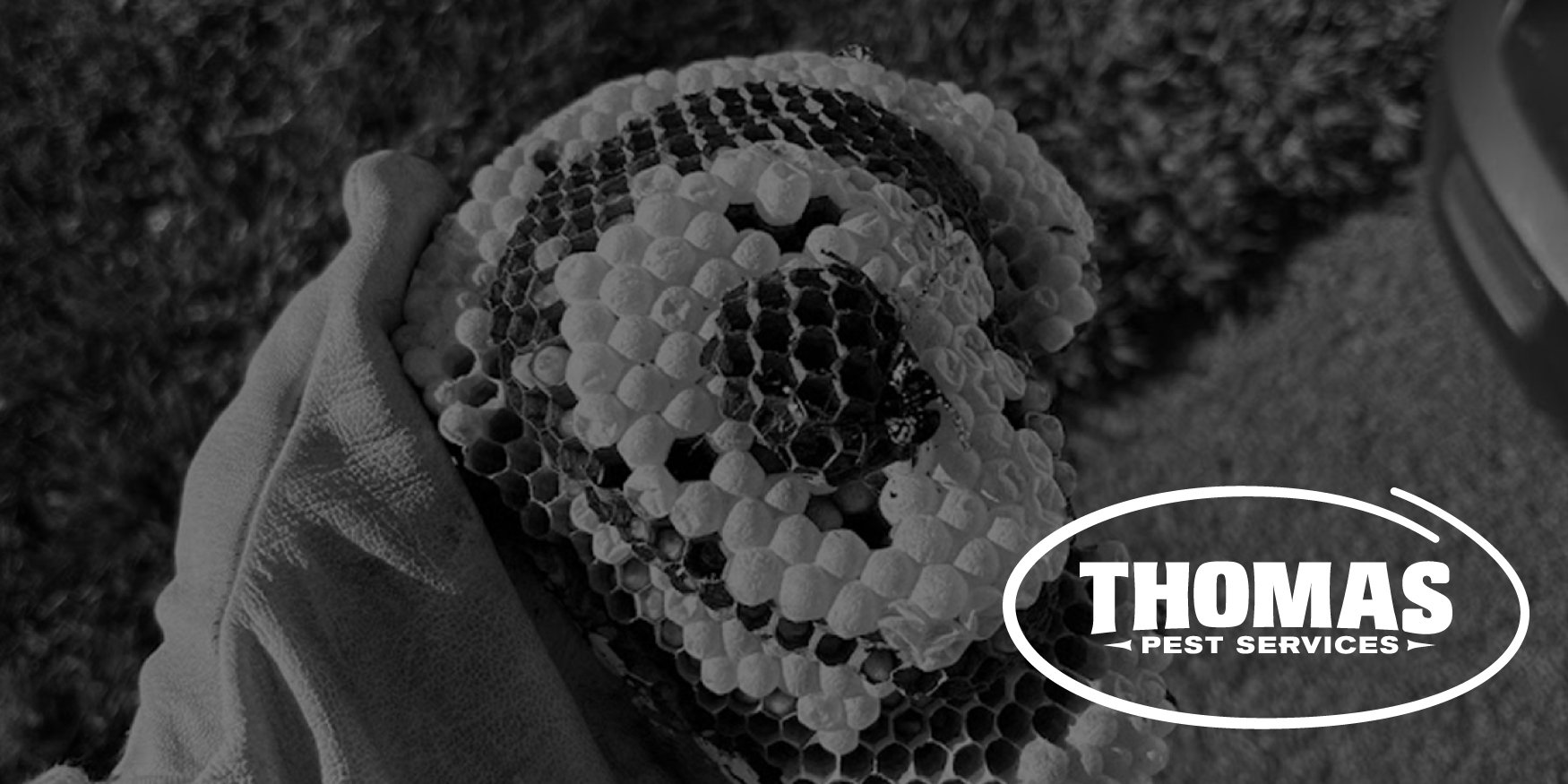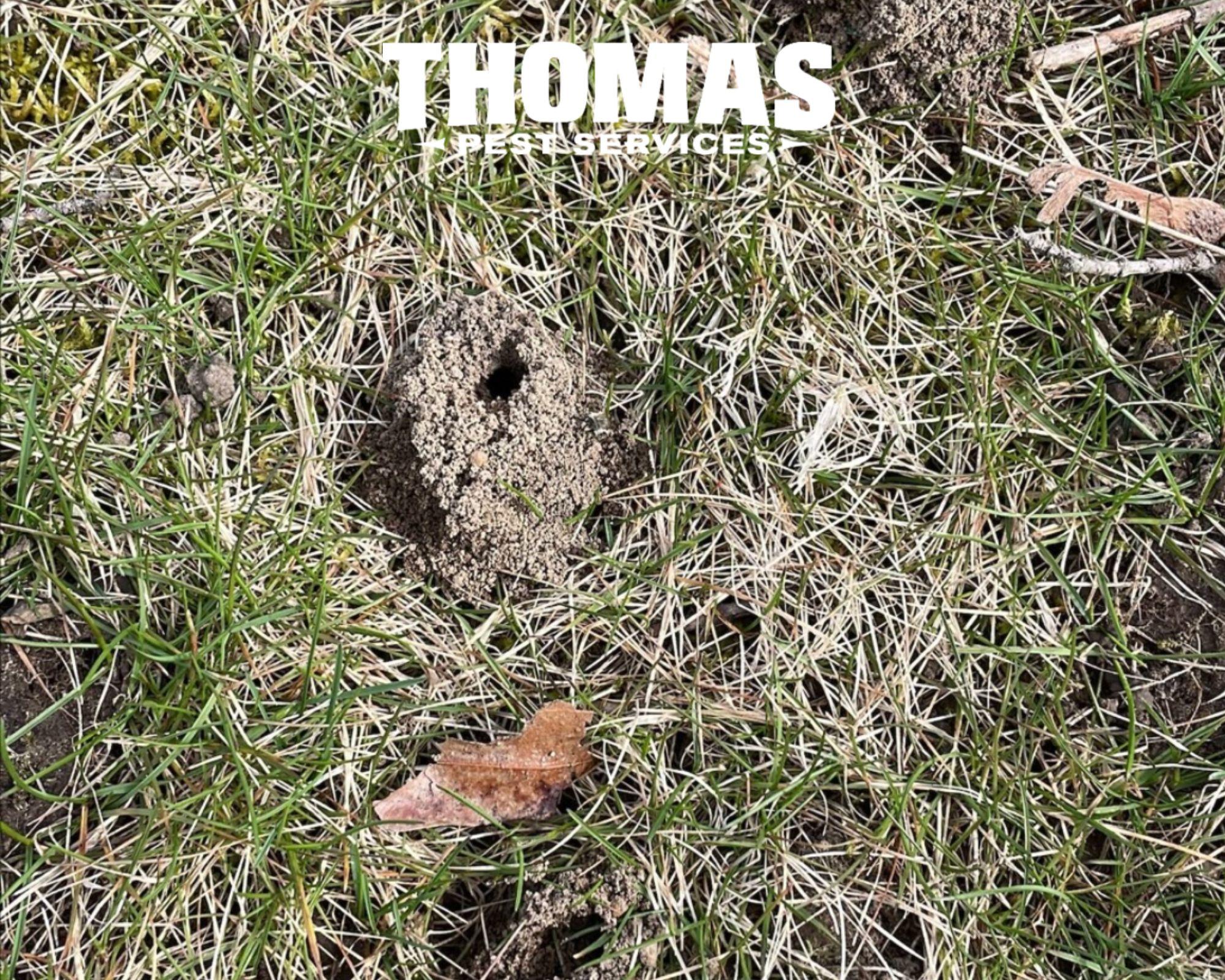Citronella Mosquito Repellent, Does it Really Work?
Mosquitoes, they are annoying, a nuisance, they bite and leave you with an itchy reminder. Mosquitoes transmit at least three human diseases that have been found in the United States. All of them are potentially fatal. These diseases include West Nile Virus, Malaria and Dengue Fever transmitted by a mosquito bite. West Nile Virus is the most widely known disease, likely due to its rapid spread throughout the nation. More than 28,000 cases have been confirmed since that time and the predictions for West Nile in 2013 continue to be present.
Summer festivities for July 4th will drive people outdoors to celebrate, but don’t allow mosquitoes to ruin the moment. Before headed to the store to stock up on citronella candles, tiki torches and other mosquito prevention products, does citronella mosquito repellent really work?
Citronella is extracted from the leaves of a tropical Asian grass related to lemon grass, has a worldwide reputation as an insect repellent. Citronella oil goes into candles, lotions, sprays, soaps, and other products designed to banish pesky bugs. Does it keep insects away?
A study published in the New England Journal of Medicine in 2002 found that Citronella Mosquito Repellent Products containing citronella oil protected against mosquito bites for less than 20 minutes compared to more than five hours for products containing highly concentrated DEET. The least concentrated citronella products didn’t do as good a job as Skin So Soft Bath Oil, which gave a mean of just 9.6 minutes of protection. Incidentally, the researchers also tested wrist bands impregnated with DEET and citronella. None of them worked.
Burning Citronella Mosquito Repellent Candles may be a better idea than using citronella insect repellents, but I wouldn’t depend on them to keep you bite-free. A Canadian study published in the June, 1996, issue of the Journal of the American Mosquito Control Association compared using three percent citronella candles, five percent citronella incense, an unscented candle and no candle at all in the woodlands of Ontario during several July and August evenings. Those near the citronella candles and incense received fewer mosquito bites than those near the unscented candle or in the area with no candle. The reduction attributed to citronella was 42.3 percent and 24.2 percent, respectively. That still leaves a lot of bitten people.
There are many ways a homeowner can reduce the risks from mosquitoes:
- Eliminate or reduce mosquito breeding sites by replacing all standing water at least once a week. This includes bird baths, ponds and swimming pools.
- Remove unneeded vegetation or trash from around any standing water sources that cannot be changed, dumped or removed.
- Introduce mosquito-eating fish such as gambusia, green sunfish, bluegills and minnows to standing water.
- Screen windows, doors, and other openings with fine mesh, sealing around all screen edges and keeping doors and windows shut to prevent entry.
- Avoid going outdoors when and where mosquitoes are most active: during dusk or dawn.
- Use an insect repellent on exposed skin whenever and wherever mosquitoes are likely to bite. The most effective repellents currently available contain the active ingredient DEET.
- Wear long-sleeved shirts and long-legged pants, preferably treated with a repellent as well.
Although complete relief from mosquitoes is difficult; the tips above will help reduce mosquitoes in and around your property. Thomas Pest Services offers mosquito control for Clifton Park, Saratoga, Schenectady and throughout Thomas Pest Services’ service area. A combination of our mosquito service and eliminating harborage areas, will reduce mosquito populations so you can take back your property. Learn more about getting rid of mosquitoes today!




